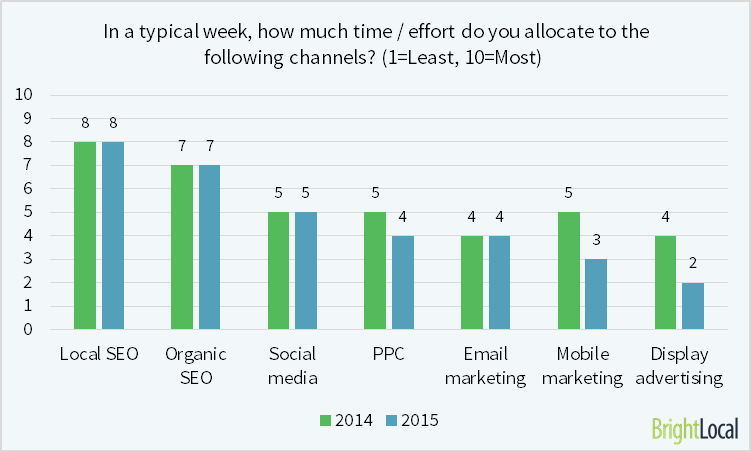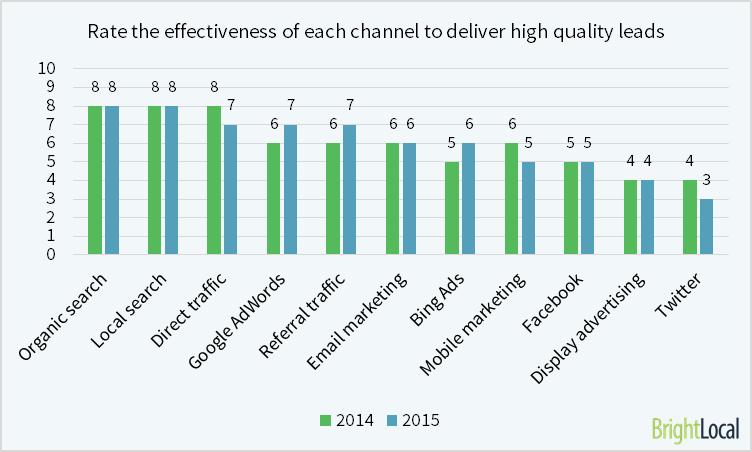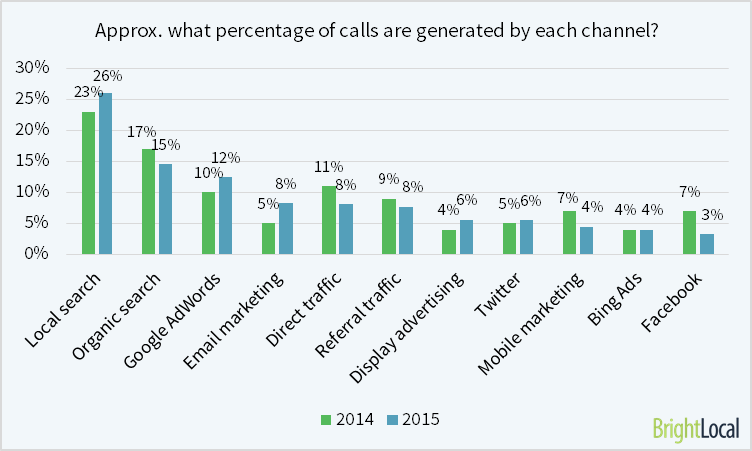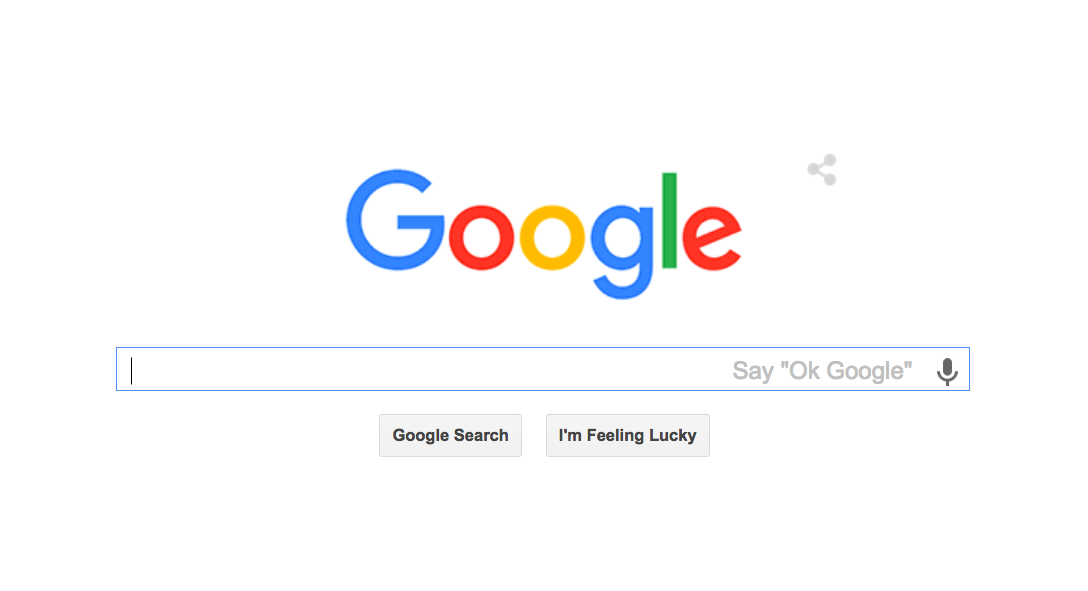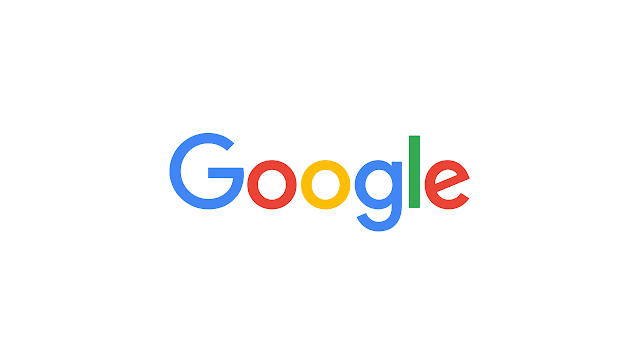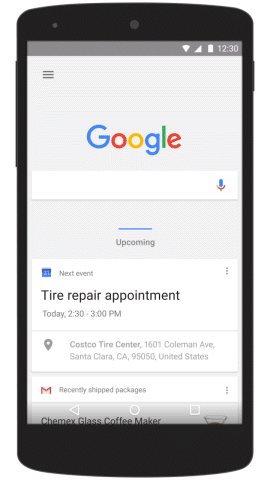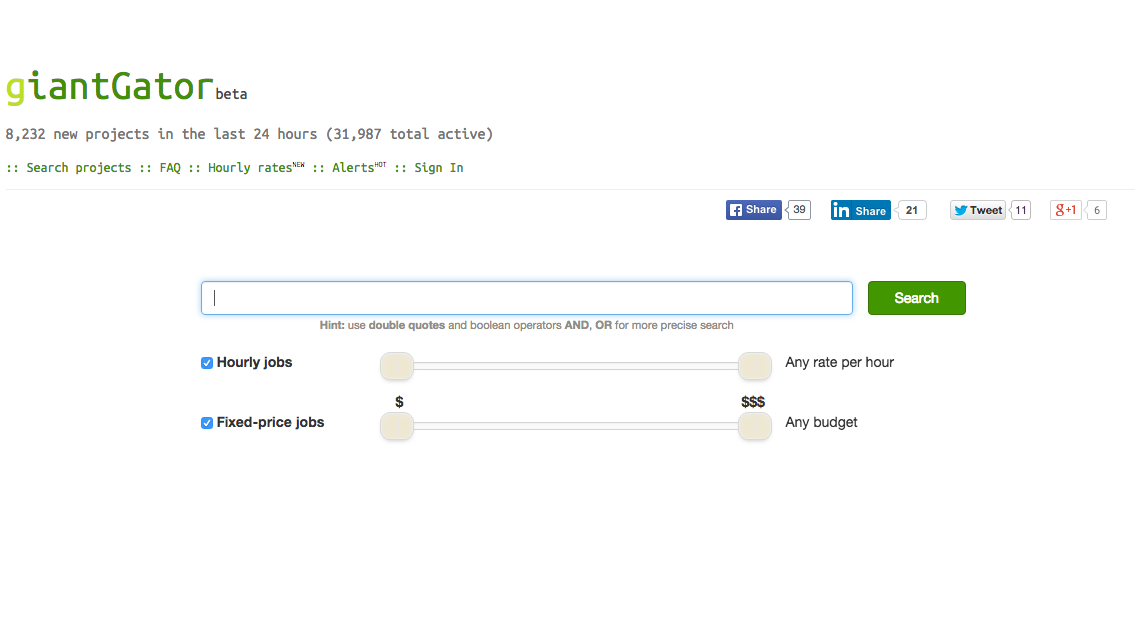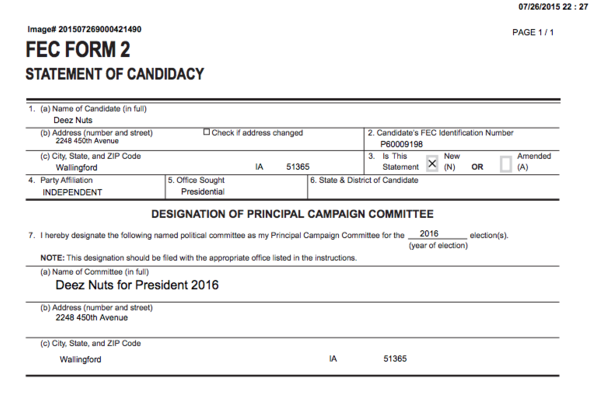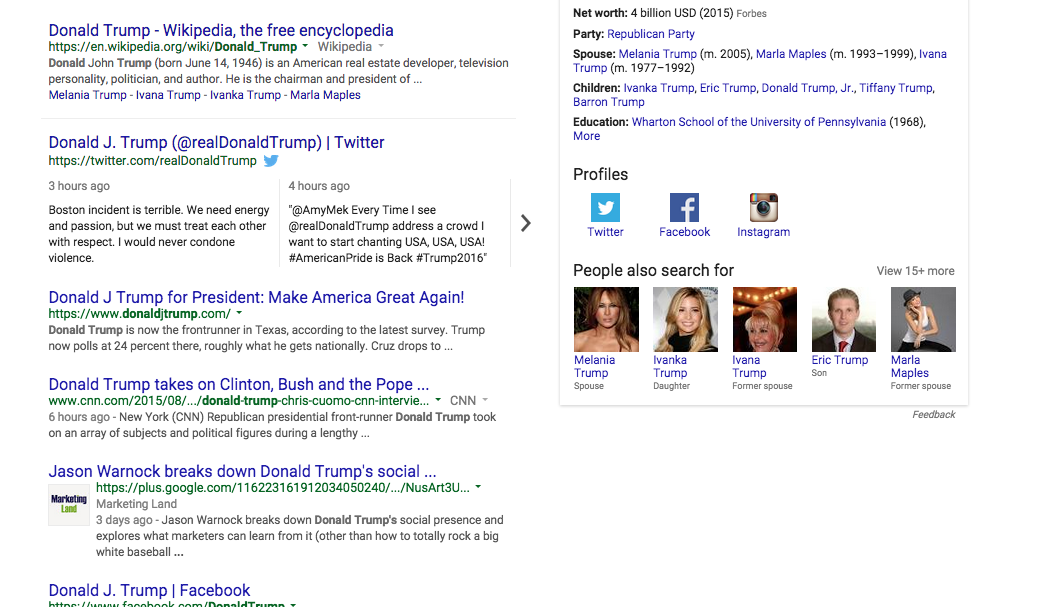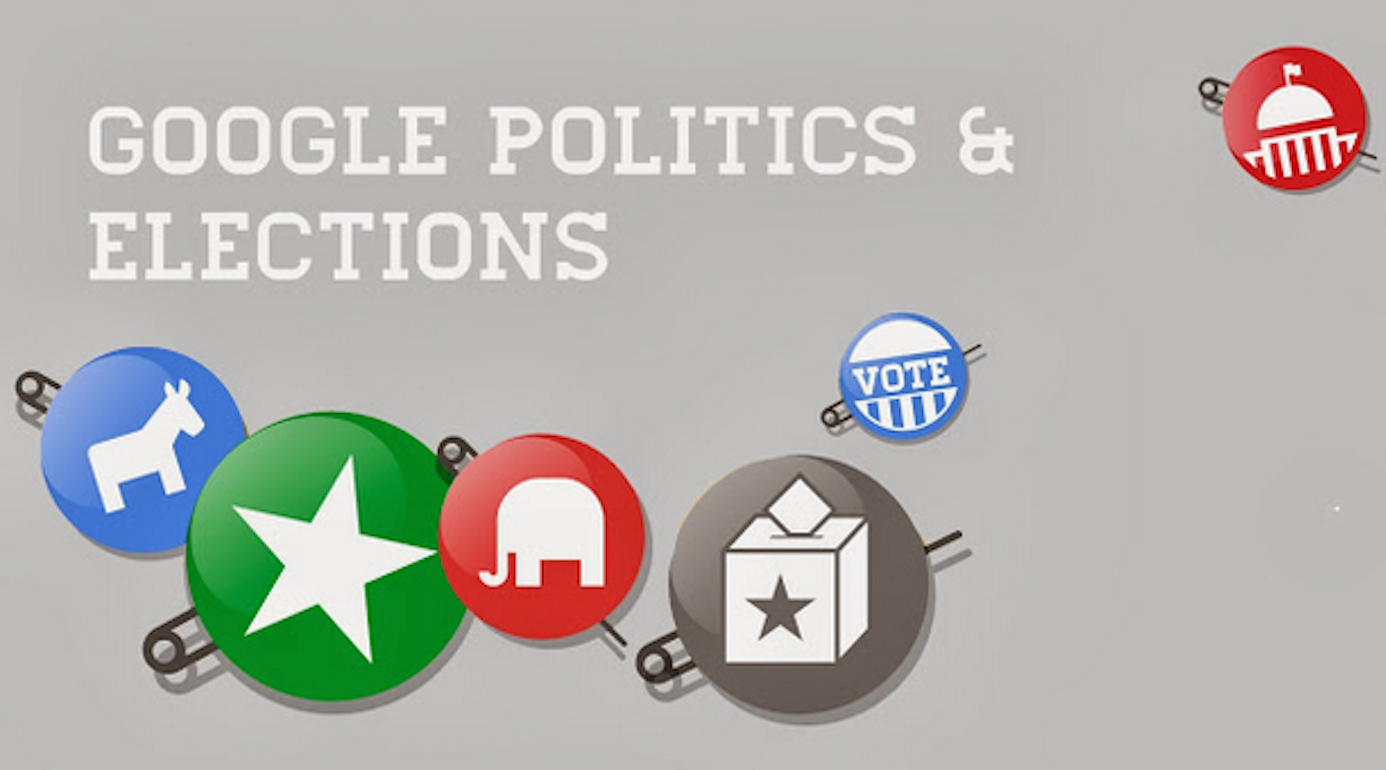Yahoo announced its Q3 earnings on Tuesday, and also took the opportunity to reveal that it has entered into a search and advertising deal with Google.
Do you look forward to seeing Yahoo search results powered by Google? Let us know in the comments.
This isn’t the all-encompassing deal Yahoo was aiming for years ago ahead of its “search alliance” with Microsoft. Nor does it have the exclusivity that the Yahoo/Microsoft alliance had until recently. Google now just gives Yahoo more options and exists in addition to Yahoo’s relationship with Microsoft.
Yahoo said in a press release, “In October, the Company reached an agreement with Google that provides Yahoo with additional flexibility to choose among suppliers of search results and ads. Google’s offerings complement the search services provided by Microsoft, which remains a strong partner, as well as Yahoo’s own search technologies and ad products.”
The deal expires at the end of 2018 as long as it gains approval from the U.S. Department of Justice and regulators in India and the European Union.
An SEC filing about the deal explains:
Pursuant to the Services Agreement, Google will provide Yahoo with search advertisements through Google’s AdSense for Search service (“AFS”), web algorithmic search services through Google’s Websearch Service, and image search services. The results provided by Google for these services will be available to Yahoo for display on both desktop and mobile platforms. Yahoo may use Google’s services on Yahoo’s owned and operated properties (“Yahoo Properties”) and on certain syndication partner properties (“Affiliate Sites”) in the United States (U.S.), Canada, Hong Kong, Taiwan, Singapore, Thailand, Vietnam, Philippines, Indonesia, Malaysia, India, Middle East, Africa, Mexico, Argentina, Brazil, Colombia, Chile, Venezuela, Peru, Australia and New Zealand.
Under the Services Agreement, Yahoo has discretion to select which search queries to send to Google and is not obligated to send any minimum number of search queries. The Services Agreement is non-exclusive and expressly permits Yahoo to use any other search advertising services, including its own service, the services of Microsoft Corporation or other third parties.Google will pay Yahoo a percentage of the gross revenues from AFS ads displayed on Yahoo Properties or Affiliate Sites. The percentage will vary depending on whether the ads are displayed on U.S. desktop sites, non-U.S. desktop sites or on the tablet or mobile phone versions of the Yahoo Properties or its Affiliate Sites. Yahoo will pay Google fees for requests for image search results or web algorithmic search results.
In April, Yahoo and Microsoft announced an amendment to their search partnership, saying they “reaffirmed commitments made by both companies in the original 2009 agreement, while implementing changes to keep the partnership strong and productive”. Both companies, the announcement said, are “committed to maximizing the alliance.”
The changes gave Yahoo increased flexibility to enhance its own search experience on any platform. The partnership is non-exclusive for both desktop and mobile. Yahoo would continue to serve Bing ads and search results for most of tis desktop search traffic, it said.
They said the changes also offered an increased “agility and sales focus.” Microsoft would be the exclusive salesforce for ads delivered by its own Bing Ads platform, and Yahoo would continue to be the exclusive salesforce for its Yahoo Gemini ads platform.
GeekWire shares a quote from Microsoft on the Yahoo’s Google news: “We remain committed to the Yahoo syndication partnership and will continue to serve the majority of Yahoo traffic as outlined in our contract extension. Yahoo is a valued partner and we look forward to continuing to serve our advertising customers through the Bing Ads marketplace.”
Yahoo CEO (and former Googler) Marissa Mayer said during a conference call discussing the company’s earnings report (via SeekingAlpha’s transcript):
As part of this process, we’re going to be investing in understanding how to balance the marketplace of our search queries in terms of how to provide the best results as well as the best monetization, and so we see some opportunities in terms of providing coverage of more ads on more queries. We also see some opportunities in different international regions to just achieve a different blending.
And I would also say we’re very confident in our Yahoo! Gemini platform for search. And when we look at mobile we actually, as you know, have a different view in terms of what mobile search should be over time and what the best possible ways to monetize that are and really provide value to advertisers. And so for us the Yahoo! Gemini platform is really where we want to invest particularly on mobile in new formats, new ideas, and so I think you should expect to see a lot of our mobile traffic move to Yahoo! Gemini and for us to basically develop a technology that does a good job competitively balancing both the Bing and Google opportunities in terms of monetization.
Obviously a deal would mean that businesses using Google for advertising and optimizing for Google search stand to gain increased visibility across Yahoo properties where it chooses to show their ads and content. It will be interesting to see how Yahoo uses Google in conjunction with Bing and its own stuff.
Under Yahoo’s agreement with Microsoft, the latter powers at least 51% of Yahoo searches with Bing Ads on the desktop. On mobile, where Yahoo utilizes its own algorithm, Yahoo has more flexibility to deliver the mix its feels as best.
I don’t know about Yahoo’s mobile search share, but Google recently said that mobile has overtaken desktop in terms of search volume worldwide.
The Yahoo Google deal could fall apart just as their original deal did years ago if regulators don’t like the look of it, but it’s hard to imagine the companies aren’t confident about their ability to gain that approval. We’ll have to wait and see what happens with that.
Do you think a Yahoo/Google deal will be good for businesses? Share your thoughts in the comments.
Image via Wikimedia Commons
















